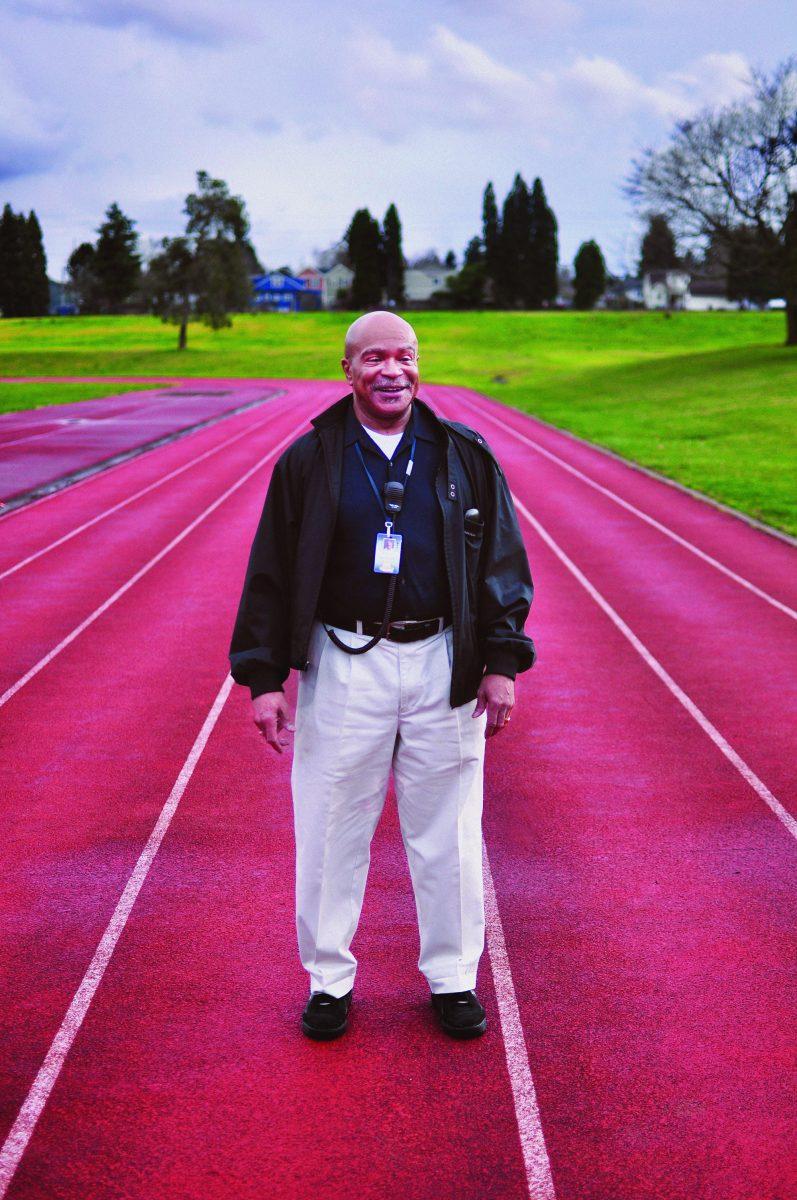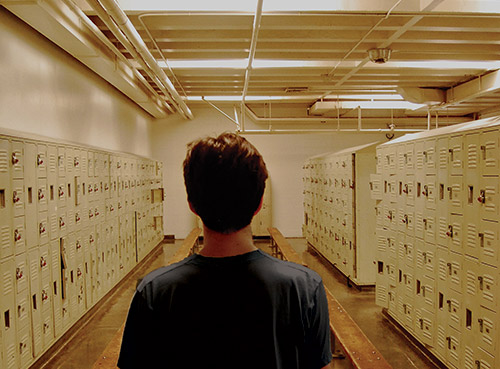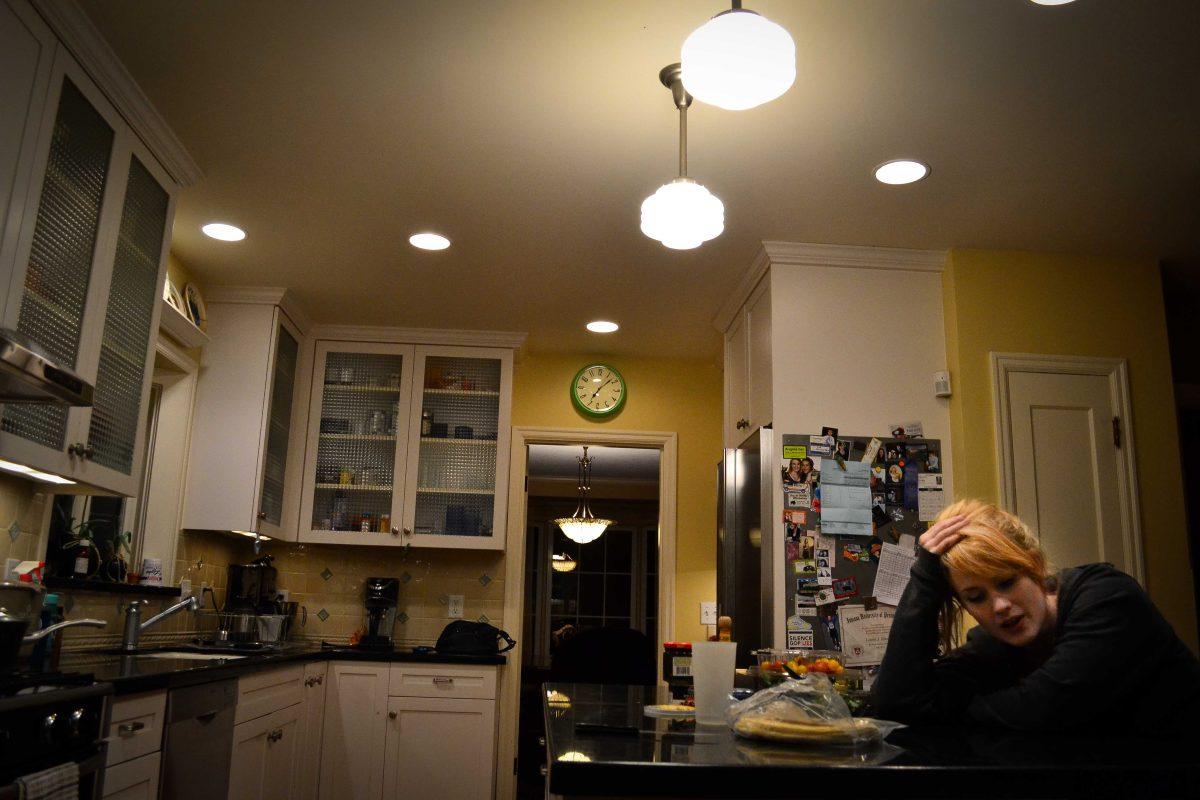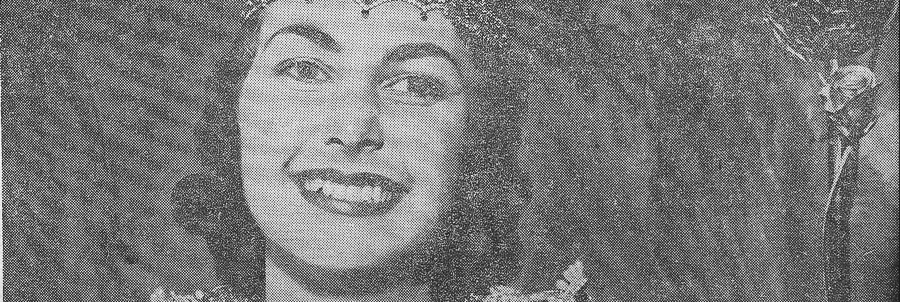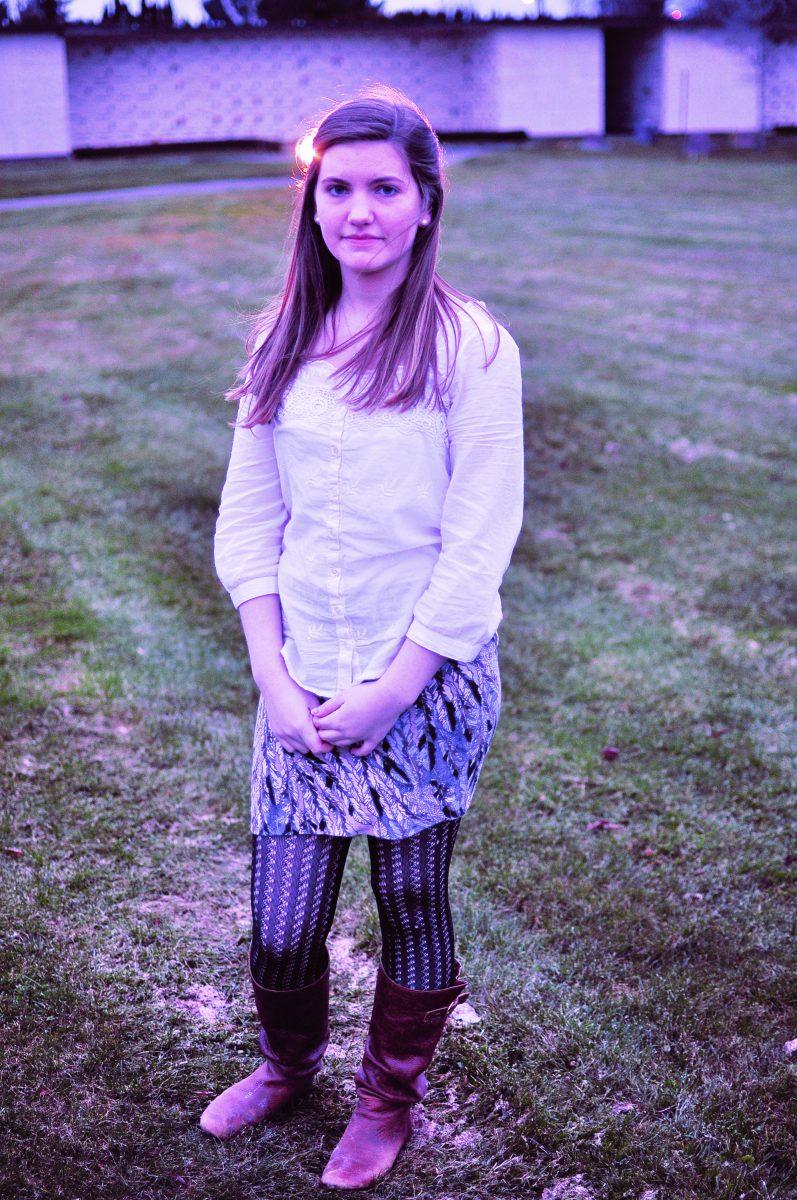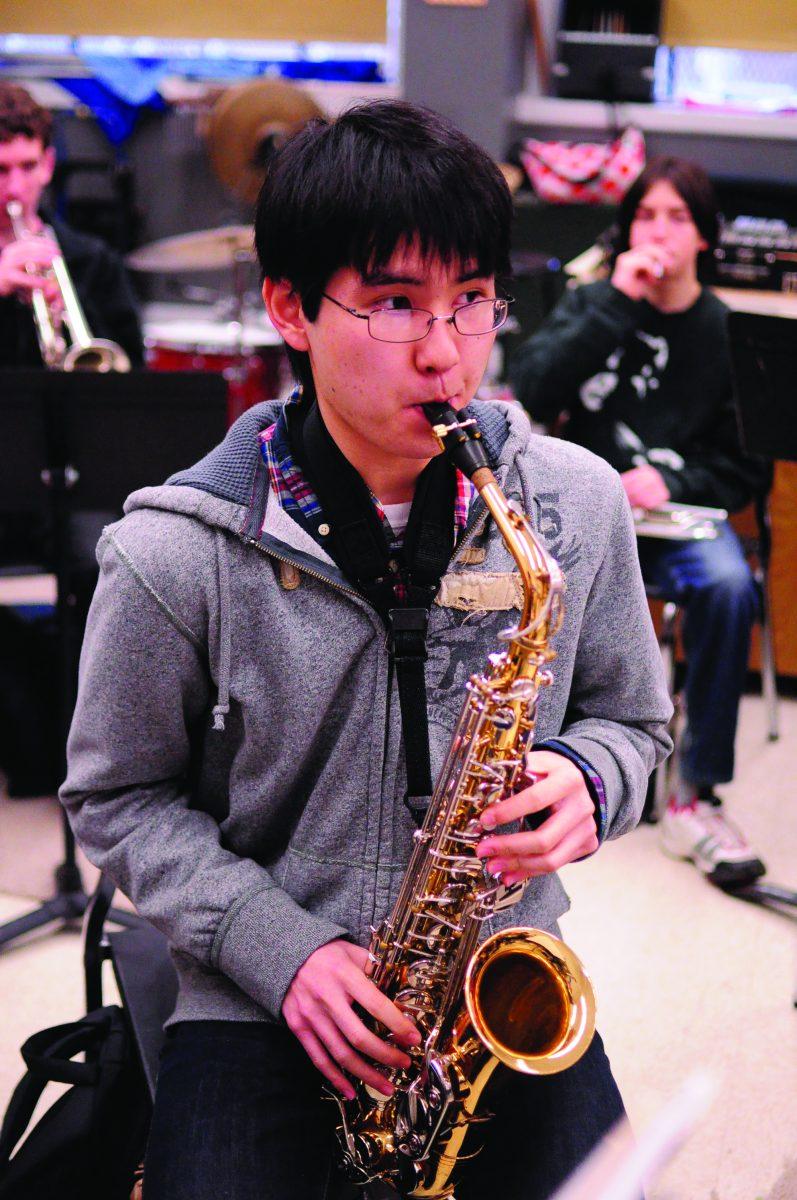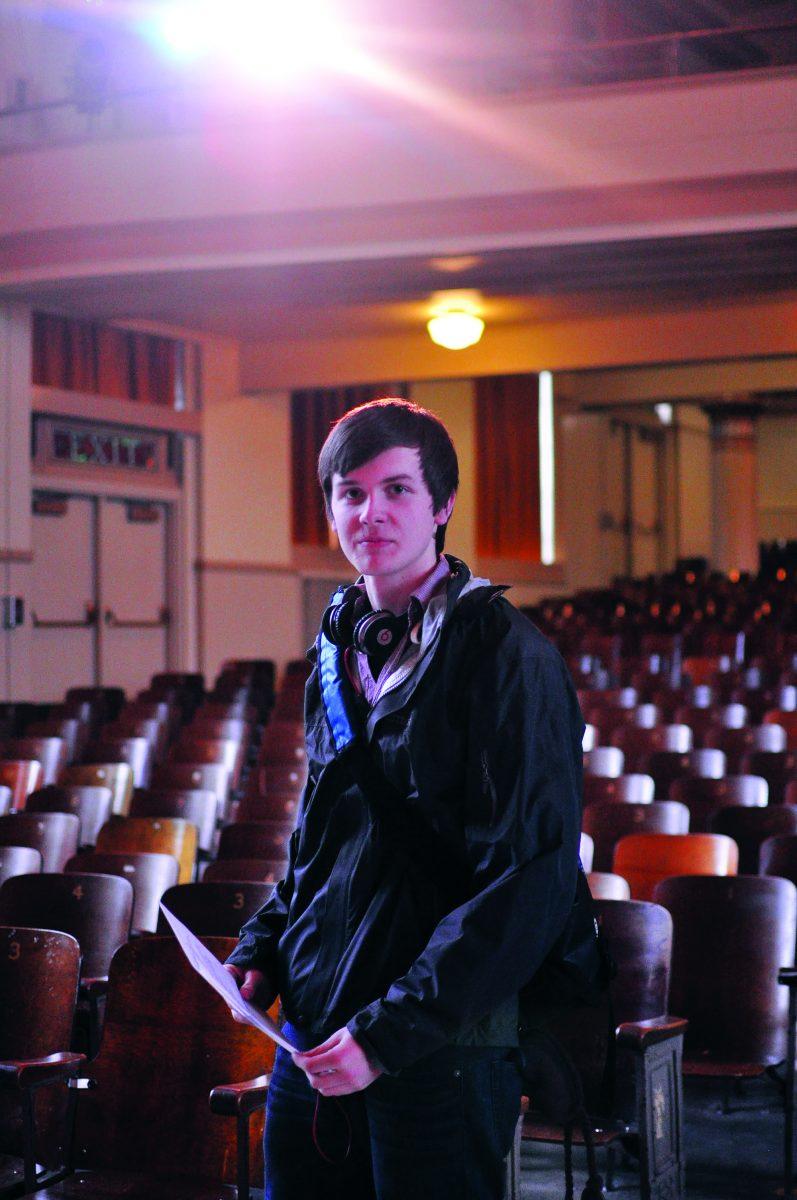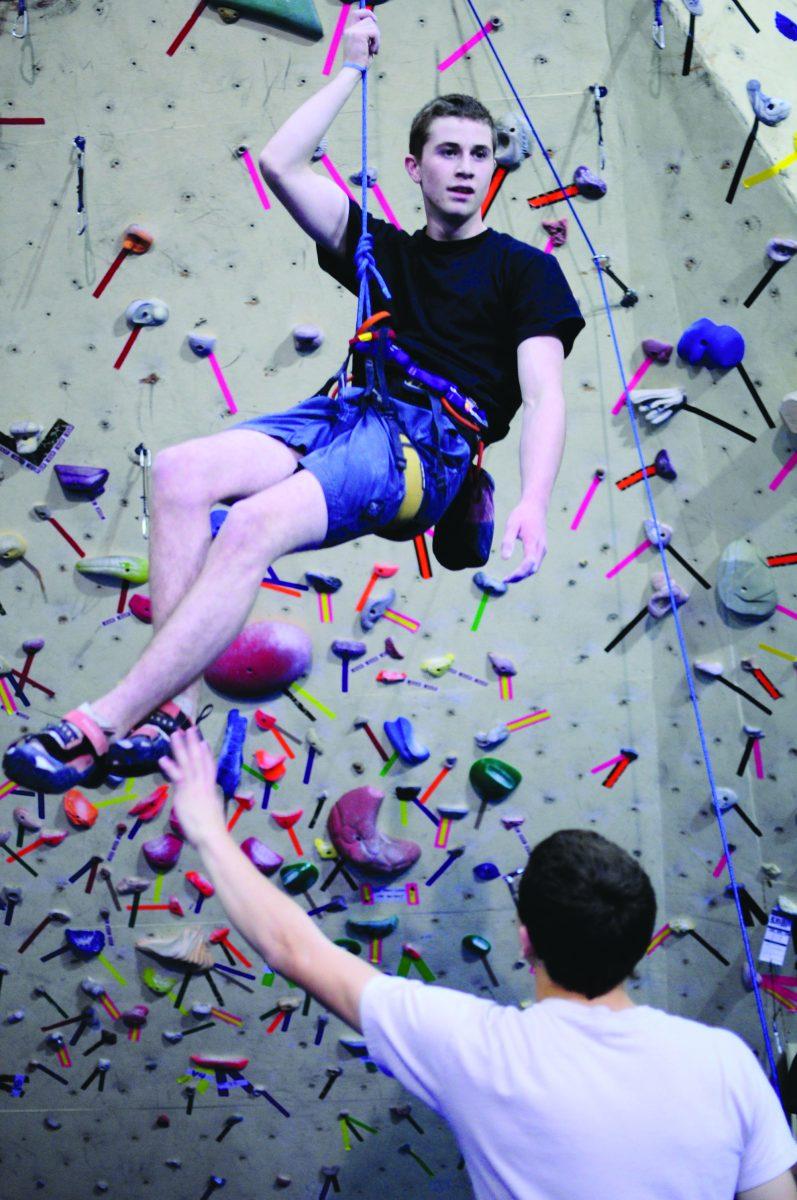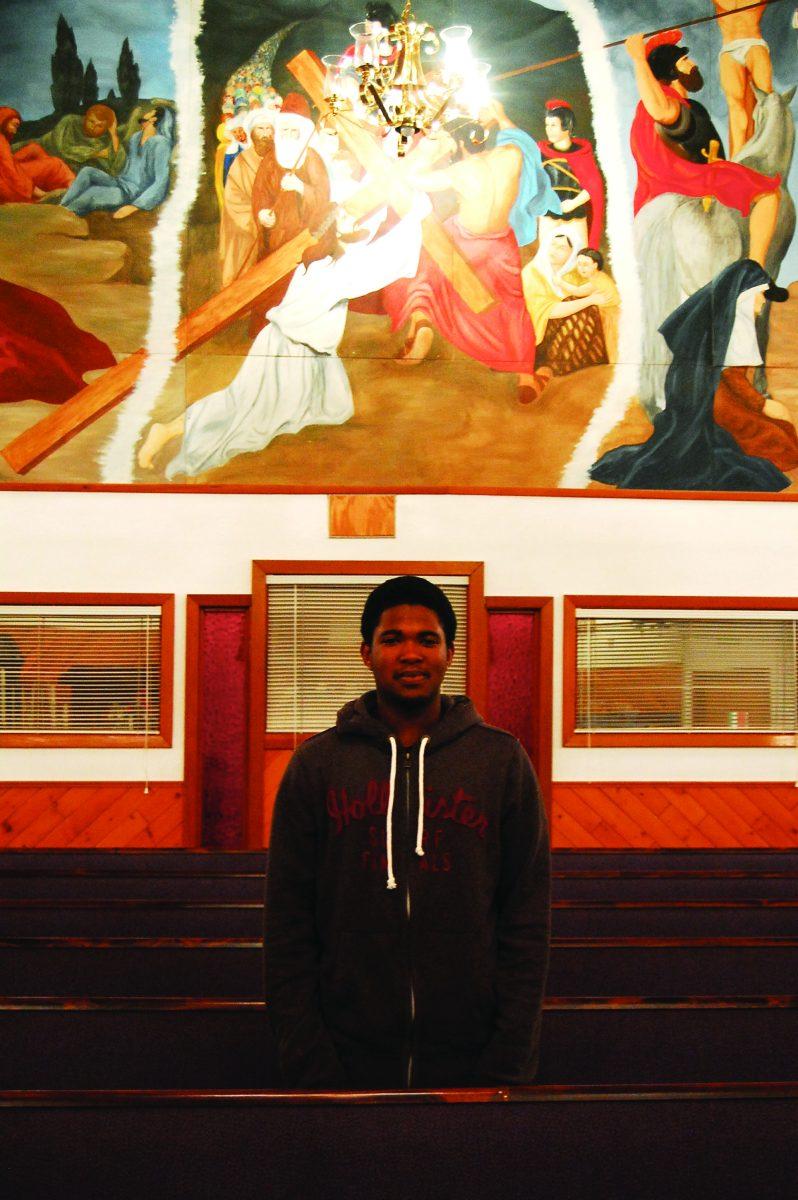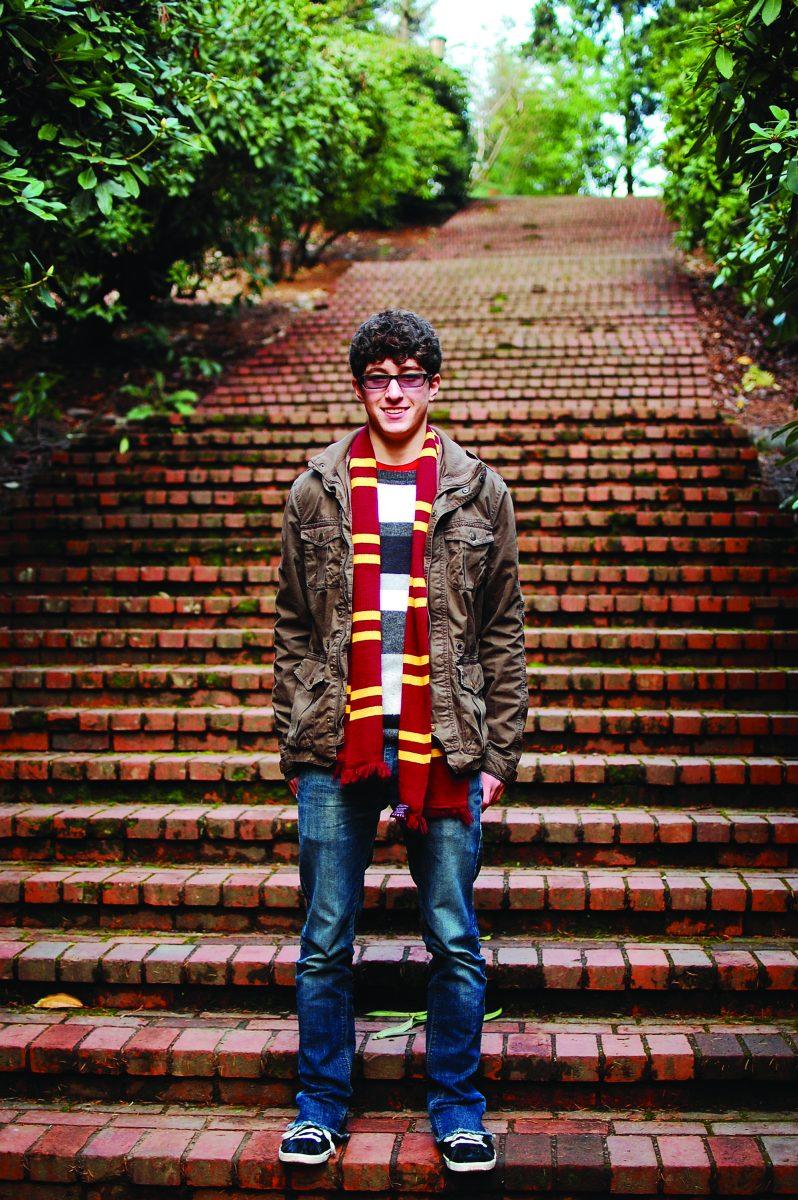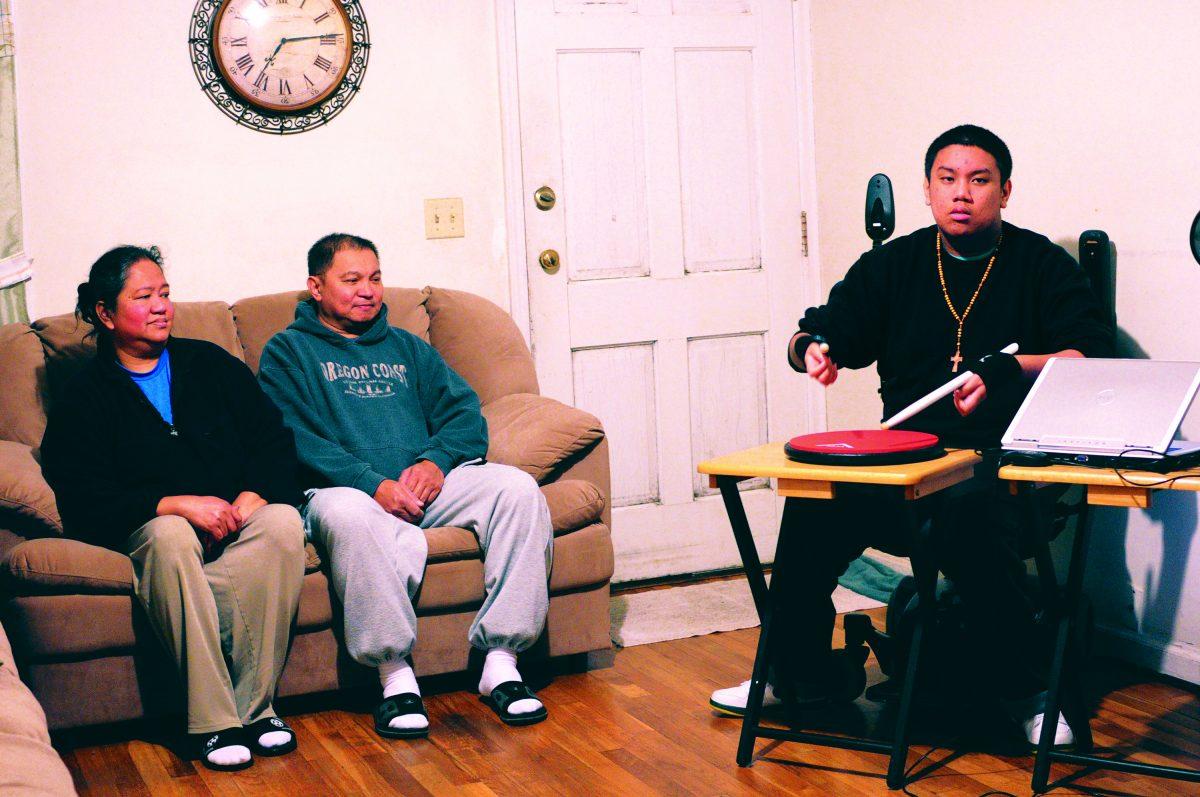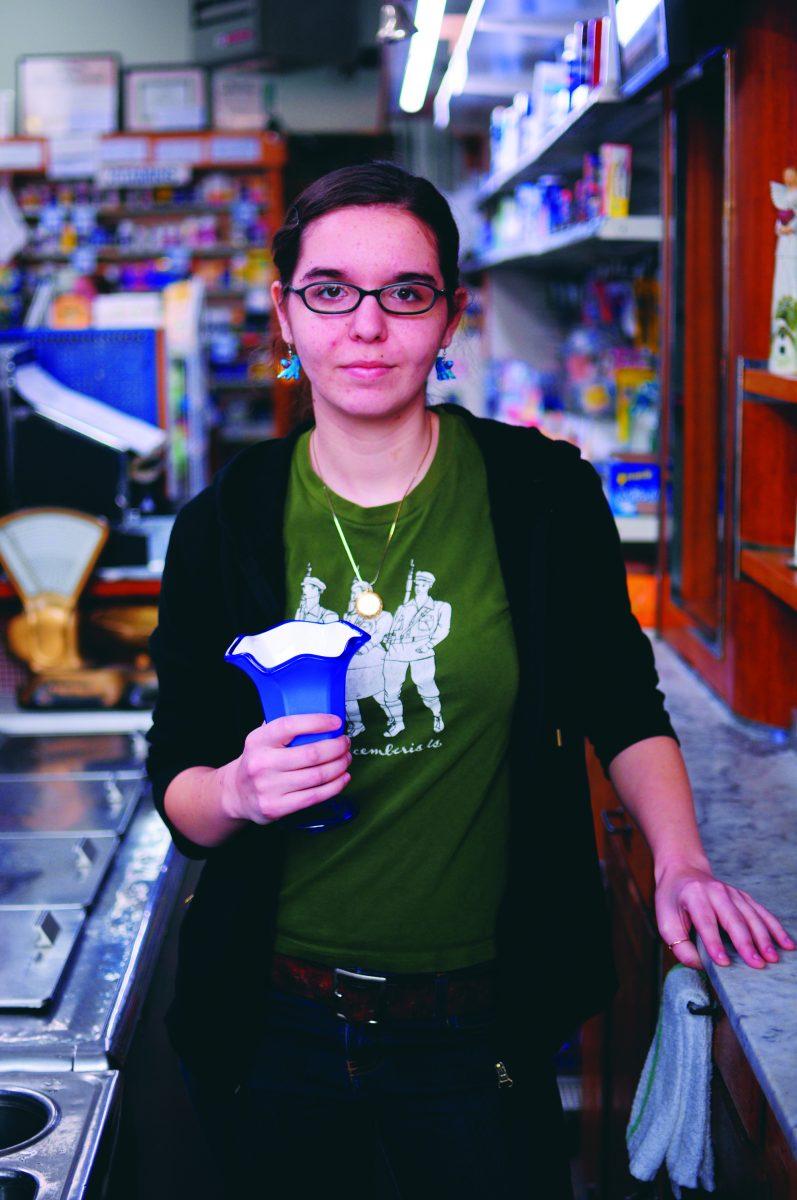I was a Boy Scout when I was 11 and 12. I’m 61 now. “Do a good turn daily” was our motto in Boy Scouts. I took that to heart. I did help old ladies across the street, cut their grass for no charge. I carried groceries for elderly folks and washed their dishes for them.
I come from a large family. It was not a materially rich family, but a family rich in love. I have five brothers and sisters, five older and five younger. I’m right in the middle. I believe that you should do unto others as you would have them do unto you. My upbringing has made that very clear to me.
The three people in my life that have made me who I am are Jesus, Martin Luther King, Jr. and my father. All of their foundations are built upon love.
I remember in 1968 when I was about to graduate from Jefferson High School. It was during the year when Martin Luther King got killed. And at one point, all of the black students ran all of the white students out of the school building. There is an Oregonian clipping that I still have to this day, and it said something like: “Athlete Charles Hunter at Jefferson High School was one of the ones who helped quiet this down.” And that’s who I am. I never was too much of a follower. I have always been a maverick.
I went to Southern Oregon University and I was the only black on campus. It was a unique experience. They called me the BMOC, the big man on campus. I grew up in a black neighborhood, went to a prominently black high school. At Southern, I had a chance to really be with white people and come to find out that people are people. There is really no difference. We all hurt, we all cry.
I have found my niche in working with students. I have been teaching for 37 years, and I have been at Grant for 27 years. I am an advocate for students. That’s my favorite part of my position as Restorative Justice Coordinator.
One of the things that I appreciated about my father was the fact that he shared his mistakes with us, hoping that we could avoid making those same mistakes. Now, rather than looking at a situation as you do the crime and you suffer the punishment, then repeating that cycle, I try to get students to understand the crime as harm; to identify it, who was harmed, how many were harmed, to accept responsibility, and then to talk about restitution. If they can understand the depths of what they’re doing, and even why they’re doing it, it helps them not go down the same track.
Boy Scouts to me was what many of the young people are looking for now in this day and age. They’re looking for somewhere to belong to. They need somebody who not only has experienced some of the things they’ve gone through, but someone who really has a sensitive heart and an open mind to help them get through these times. Kids are looking for direction and guidance. As adults, we need to provide it.
































